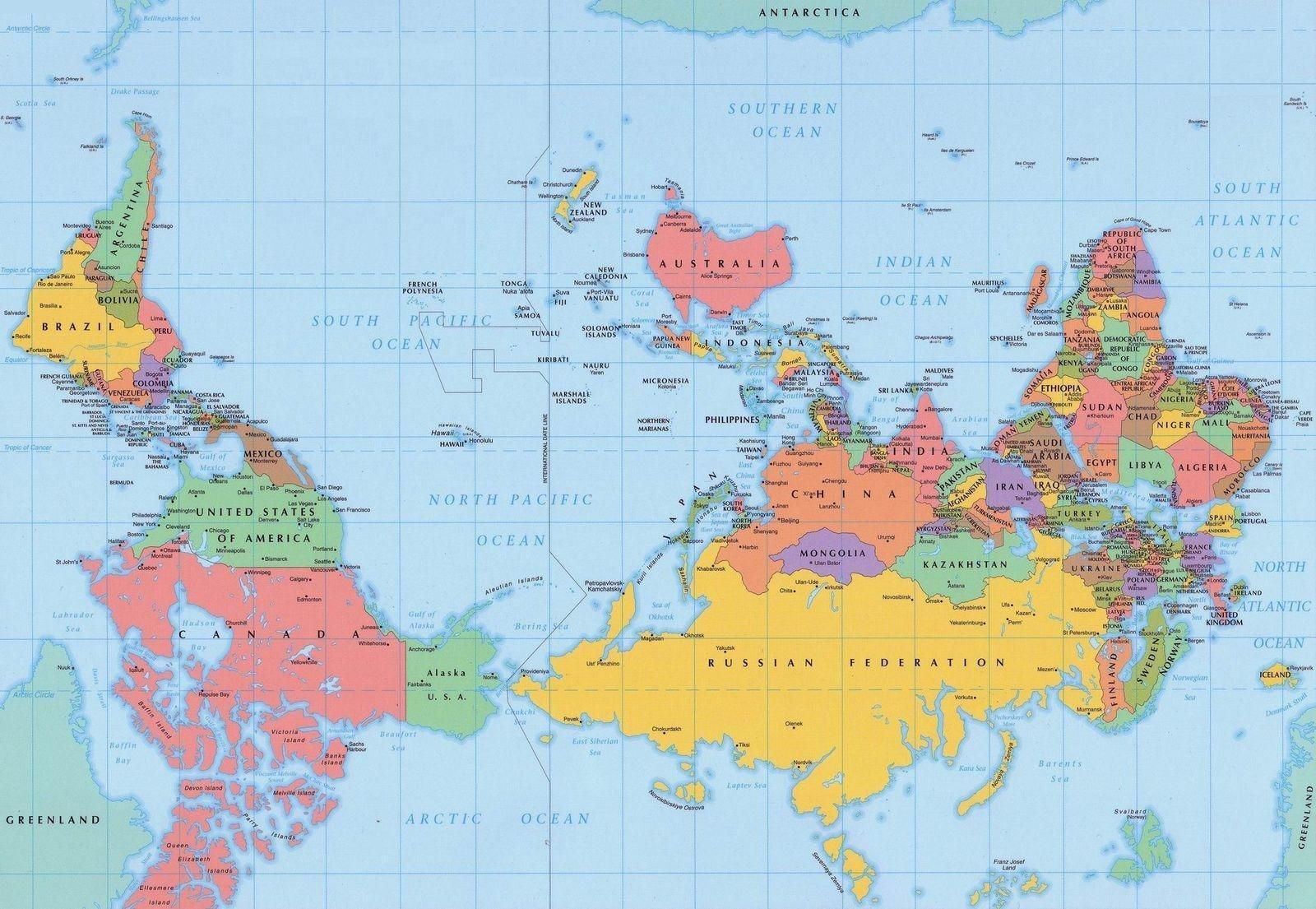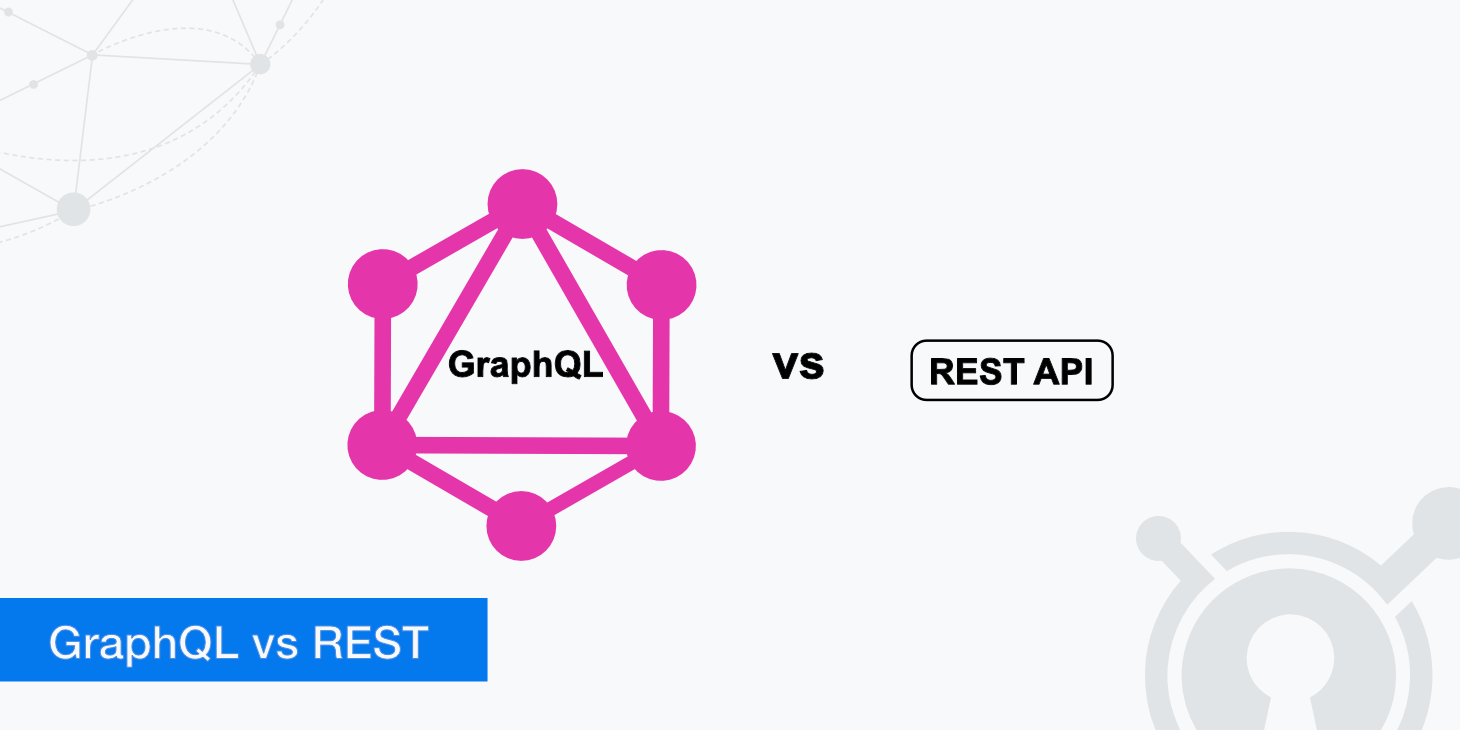Tariff Uncertainty Forces U.S. Businesses To Cut Expenses

Table of Contents
Reduced Investment in Growth and Expansion
Unpredictable tariffs make long-term investments incredibly risky. Businesses are hesitant to commit significant capital when the cost of imported goods or exported products could drastically change overnight. This tariff uncertainty directly impacts investment decisions, leading to a slowdown in economic growth.
- Reduced capital expenditures on new equipment and technology: Uncertainty makes it difficult to justify large investments in new machinery or technology when future import costs are unknown. This hampers productivity improvements and modernization efforts.
- Delayed or canceled expansion projects: Plans for new facilities, factory expansions, or market entries are being put on hold or scrapped entirely due to the unpredictable nature of tariffs. This impacts job creation and overall economic expansion.
- Hesitation to enter new markets due to unpredictable costs: The added uncertainty of tariffs significantly increases the risk associated with entering new markets, both domestically and internationally. Businesses are reluctant to invest in unfamiliar territories when facing unpredictable import and export costs.
- Impact on innovation and competitiveness: Reduced investment in research and development, coupled with the inability to compete on price due to unpredictable tariffs, severely impacts the long-term innovation and competitiveness of US businesses globally.
Hiring Freezes and Layoffs
The uncertainty surrounding tariffs is significantly impacting hiring decisions. Businesses, facing unpredictable costs and reduced profitability, are forced to prioritize cost-cutting measures, often resulting in hiring freezes and, in some cases, layoffs. This tariff impact on jobs is a serious concern for the US economy.
- Companies delaying hiring to manage costs: With profit margins squeezed by tariff fluctuations, businesses are delaying hiring for non-essential roles to maintain financial stability.
- Increased risk of layoffs due to reduced profitability: Reduced sales and increased input costs due to tariffs often lead to decreased profitability, forcing companies to resort to layoffs to reduce expenses.
- Impact on the overall US economy and employment rates: Widespread hiring freezes and layoffs contribute to higher unemployment rates and slow economic growth, potentially creating a vicious cycle of reduced consumer spending and further economic contraction.
- Shift towards automation to reduce reliance on labor: In an attempt to mitigate the impact of increased labor costs (either through higher wages or reduced hiring), some companies are accelerating their shift towards automation, leading to job displacement.
Supply Chain Disruptions and Restructuring
Businesses are actively restructuring their supply chains to mitigate the risks associated with tariff uncertainty. This often involves costly and complex adjustments that impact efficiency and profitability.
- Shifting sourcing to countries with more favorable trade agreements: Companies are actively seeking alternative suppliers in countries with more predictable and stable trade relationships to reduce exposure to tariff fluctuations. This can, however, lead to higher transportation costs and logistical challenges.
- Increased reliance on domestic suppliers, potentially increasing costs: While reducing reliance on imports, sourcing domestically can often result in higher costs due to potentially limited supply or higher domestic production costs.
- Investing in supply chain diversification and resilience: Many businesses are investing in diversifying their supply chains to reduce reliance on a single source and build resilience against future tariff shocks. This requires significant upfront investment.
- Negotiating more flexible contracts with suppliers: Businesses are actively renegotiating contracts with suppliers to include clauses that address tariff fluctuations and allow for adjustments in pricing based on changes in trade policies.
Increased Focus on Cost-Cutting Measures
To survive the uncertainty created by fluctuating tariffs, businesses are implementing a wide range of cost reduction strategies. These measures often impact areas that contribute to long-term growth and competitiveness.
- Reducing marketing and advertising budgets: Marketing and advertising are often among the first areas to be cut when businesses are seeking to reduce expenses. This can lead to reduced brand visibility and market share.
- Cutting travel and entertainment expenses: Non-essential travel and entertainment budgets are frequently slashed to reduce operational costs.
- Implementing stricter expense control policies: Businesses are enforcing tighter expense control policies across the board, scrutinizing all spending to ensure maximum financial efficiency.
- Renegotiating contracts with suppliers and vendors: Businesses are actively negotiating lower prices and more favorable terms with suppliers and vendors to reduce costs.
Conclusion: The Lingering Impact of Tariff Uncertainty
In conclusion, tariff uncertainty is significantly impacting U.S. businesses. The resulting decreased investment, hiring freezes, supply chain disruptions, and widespread cost-cutting measures have serious implications for economic growth and job creation. The long-term consequences could include reduced competitiveness in global markets and a decline in innovation.
Understanding the impact of tariff uncertainty is crucial. Contact your representatives and advocate for policies that promote predictable and stable trade relations to lessen the burden on U.S. businesses and stimulate economic growth. Stable trade policies are essential for the survival and prosperity of American businesses. Let's work together to create a more stable and predictable trade environment for a stronger US economy.

Featured Posts
-
 The Pete Rose Pardon Examining The Legal And Political Ramifications
Apr 29, 2025
The Pete Rose Pardon Examining The Legal And Political Ramifications
Apr 29, 2025 -
 British Paralympians Disappearance In Las Vegas A Week Of Uncertainty
Apr 29, 2025
British Paralympians Disappearance In Las Vegas A Week Of Uncertainty
Apr 29, 2025 -
 Porsche Cayenne Gts Coupe Szczegolowa Recenzja Po Jazdach Testowych
Apr 29, 2025
Porsche Cayenne Gts Coupe Szczegolowa Recenzja Po Jazdach Testowych
Apr 29, 2025 -
 Alan Cumming Shares Beloved Childhood Memory From Scotland
Apr 29, 2025
Alan Cumming Shares Beloved Childhood Memory From Scotland
Apr 29, 2025 -
 Analysis Of Musks X Debt Sale And Shifting Financial Landscape
Apr 29, 2025
Analysis Of Musks X Debt Sale And Shifting Financial Landscape
Apr 29, 2025
Latest Posts
-
 Porsches International Success An Australian Perspective
Apr 29, 2025
Porsches International Success An Australian Perspective
Apr 29, 2025 -
 A Comparative Analysis Of Porsches Market Performance Australia Vs The Rest Of The World
Apr 29, 2025
A Comparative Analysis Of Porsches Market Performance Australia Vs The Rest Of The World
Apr 29, 2025 -
 Offiziell Carsten Jancker Ist Neuer Trainer Von Austria Klagenfurt
Apr 29, 2025
Offiziell Carsten Jancker Ist Neuer Trainer Von Austria Klagenfurt
Apr 29, 2025 -
 Porsche 911 S T Riviera Blue Pts Buy Now
Apr 29, 2025
Porsche 911 S T Riviera Blue Pts Buy Now
Apr 29, 2025 -
 Why Is The Porsche More Popular Internationally Than In Australia
Apr 29, 2025
Why Is The Porsche More Popular Internationally Than In Australia
Apr 29, 2025
